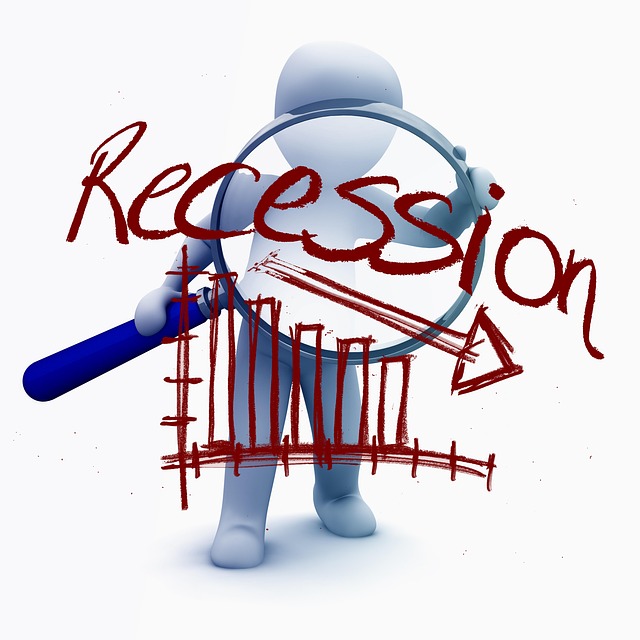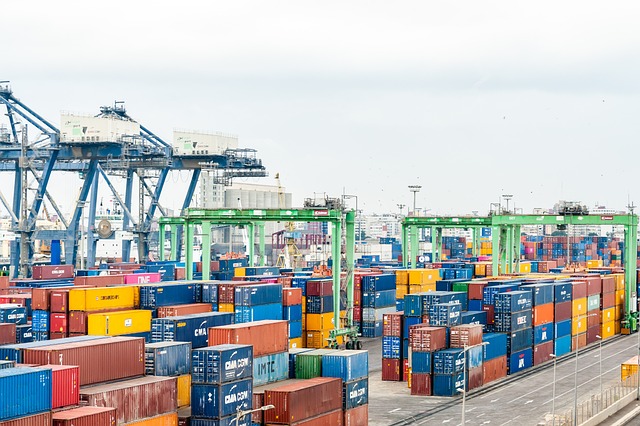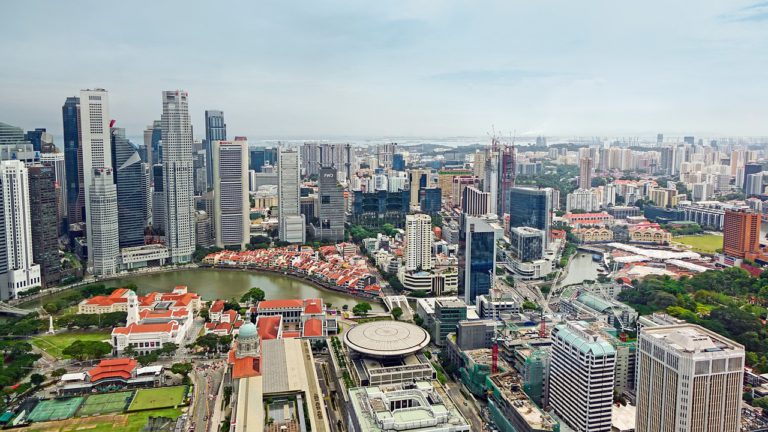As of mid-2025, Singapore is not officially in a recession, but signs of economic slowdown and external vulnerabilities have heightened concerns about a potential downturn. The government and financial authorities are closely monitoring indicators and implementing measures to buffer the economy.
Economic Performance in Q1 2025
Singapore’s economy grew by 3.9% year-on-year in Q1 2025, according to the Ministry of Trade and Industry. However, on a quarter-on-quarter, seasonally adjusted basis, the economy contracted by 0.6%, reversing the previous quarter’s 0.5% expansion. While not technically a recession (which requires two consecutive quarters of contraction), this shift points to weakening momentum.
Growth Forecast and Global Headwinds
The official GDP growth forecast for 2025 has been downgraded to 0.0% to 2.0%, from an earlier 1% to 3%. This downgrade reflects:
- A cooling global economy, especially due to prolonged US-China trade tensions.
- Supply chain disruptions and trade realignments.
- Slower recovery in electronics and exports, key drivers of Singapore’s economy.
Sectoral Overview
- Manufacturing grew 4.0% year-on-year but shrank 5.8% quarter-on-quarter.
- Construction saw a 5.5% year-on-year growth but contracted 1.4% from the previous quarter.
- Services posted mixed results, with pockets of resilience in retail and hospitality.
Government Response
Singapore has launched an Economic Resilience Taskforce to prepare for immediate uncertainties such as potential trade and inflation-related shocks. The Monetary Authority of Singapore (MAS) has also fine-tuned monetary policy to stimulate growth while keeping inflation in check.
What Are the Effects of a Recession?
A recession typically leads to:
- Rising unemployment as businesses cut costs.
- Reduced consumer spending, weakening sectors like retail and hospitality.
- Lower business confidence and slower investment.
- Increased job competition and career insecurity.
On the overall, economic activities will slow down. However, the government sector should be increasing its spending to counteract the effects of recession and continue circulating its currency to keep the economy from further collapsing. Thus, businesses that have government tenders will thrive.
Impact on Immigration
1. Tighter Regulations
- Work pass renewals and new applications may become lesser, stricter and highly selective.
- However, Singapore PR and citizenship approvals may not change due to Singapore’s 2030 population growth goals.
2. Reduced Hiring in Some Sectors
- Foreign workers in sectors like retail, F&B, or non-essential services may face layoffs or contract non-renewals.
- Tourism will be affected too as people from all over the world will reduce spending to save for essential living costs.
3. Greater Competition
- More locals vying for limited roles can impact job security for foreigners.
Opportunities for Foreigners Already Living and Working in Singapore
Despite the challenging landscape, there are still valuable opportunities for foreigners who are already established in Singapore, especially if they are proactive and strategic.
1. Leverage Existing Employment
Foreigners currently employed with reputable firms have an edge. Companies are often more willing to retain and support existing staff than to hire new foreign applicants. However, terms of employment may be subject to changes such as reduced salaries and benefits to cut costs.
2. Upskill Strategically
By acquiring in-demand skills, foreigners may boost their employability, thus being able to stay in the country for longer. Singapore strongly supports lifelong learning through platforms like SkillsFuture, even for some foreign professionals.
3. Shift to Growth Sectors
- Focus on resilient or expanding industries like:
- Healthcare and life sciences
- Green energy and sustainability
- Financial services and risk management
- AI, machine learning, and robotics
- Urban solutions and smart city tech
4. Build Strong Local Ties
Contributing to community initiatives, volunteering, or participating in professional associations can strengthen one’s local profile, an often-overlooked advantage in PR or citizenship applications.
5. Set Up Your Own Company
While this may seem counterintuitive, especially during challenging economic times, it is a way to ensure constant employability. Foreigners who already have a strong network and specific skillset may want to sell their services by setting up a consultancy. This would allow them to apply for an Employment Pass (EP) under their own company.
6. Apply for Permanent Residency (PR)
- Long-term residents with a stable job and good track record can apply for PR.
- A PR status offers greater job security, flexibility, and family benefits.
How to Secure Your Stay in Singapore
To improve your chances of staying and thriving in Singapore during economic uncertainty:
- Stay employed or pivot quickly if retrenched.
- Renew your work pass early and monitor MOM (Ministry of Manpower) updates.
- Prepare and apply for PR if eligible, ideally with a strong application package.
- Network actively with both locals and foreigners – professional connections can help you uncover hidden opportunities.
- Track your contributions (professional, academic, social), as these can be referenced in PR or work pass renewals.
Opportunities During Economic Downturn
Singapore is not yet in a recession, but its economy is in a delicate phase. For foreigners already living and working in the country, this is a time to strengthen your position, upskill, and plan long-term. Those who can show economic and social value, resilience, and adaptability will continue to find space and opportunity in Singapore’s dynamic future – even in challenging times.







